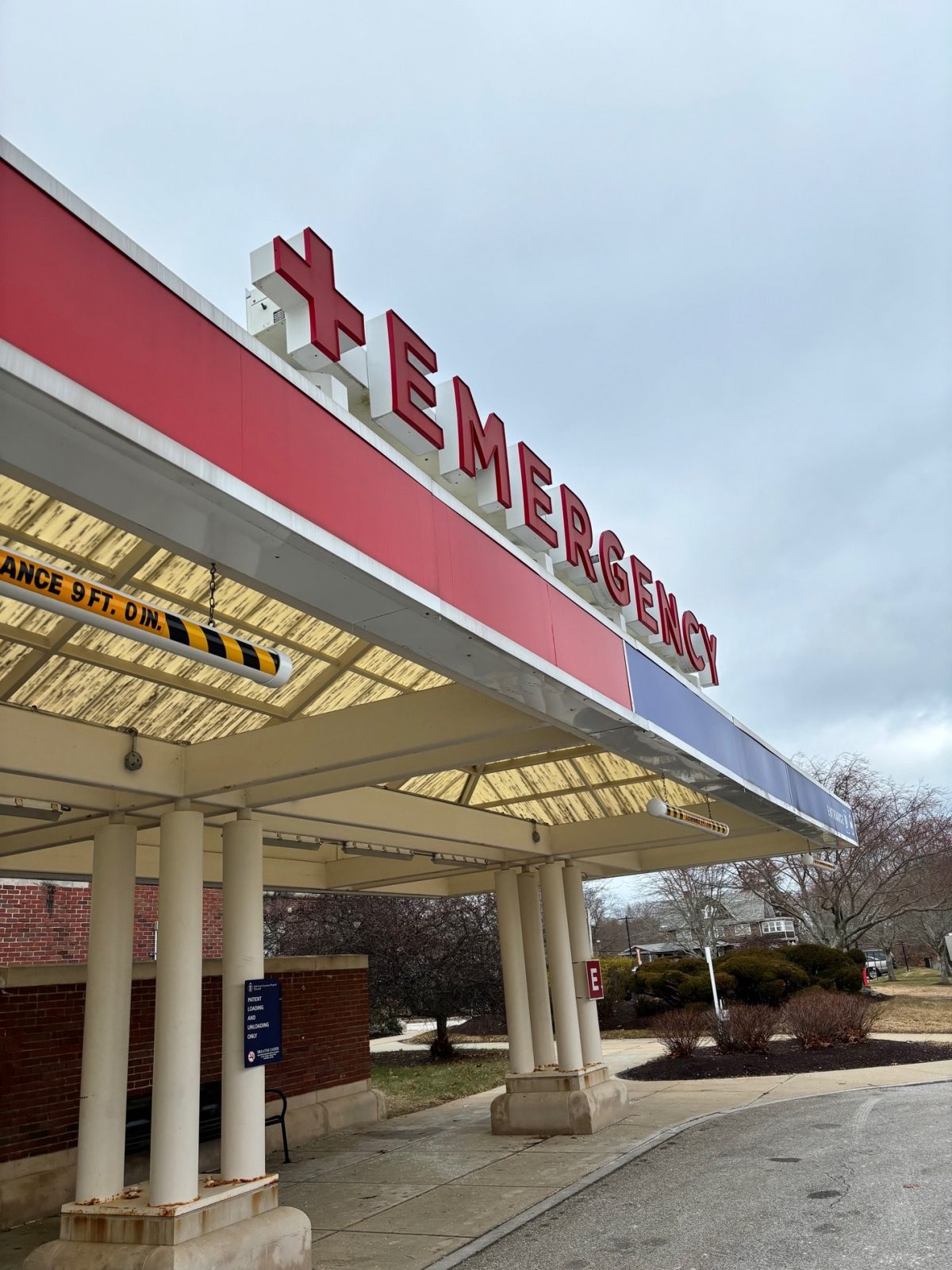Plymouth has been hit especially hard by the summer wave of Covid that has washed over the state and the country, according to data collected by the state.
But even though the virus has made a comeback here – with more people seeking medical treatment – most cases have not been severe, according to medical officials.
For the period of June 30 to August 10, the latest date for which data are available, Plymouth had 146 confirmed cases of the virus – or 238.5 cases of Covid per 100,000 residents – according to the Massachusetts Department of Public Health. That’s a relatively high level compared with the statewide number of 169.3 cases per 100,000 residents.
Another method for determining how many Covid cases there are in Plymouth – wastewater sampling – shows that the prevalence of Covid in wastewater increased steadily over the summer from an average of 472,485 copies of the virus per liter in the seven days leading up to July 1 to 800,945 per liter in the seven days leading up to August 8, the last date available.
Since July 24, Plymouth’s wastewater levels of the virus have largely matched the levels for the Massachusetts Water Resources Authority Southern region.
The MWRA’s Boston treatment plant cleans up the wastewater for most of the Boston metropolitan area. Testing in Plymouth is done as the wastewater arrives at the town’s main wastewater treatment plant on Camelot Drive, said Douglas Pinard, the town’s wastewater superintendent, in an email.
Plymouth has approximately 57 miles of sewer mains, said Pinard.
About 90 percent of the town’s wastewater coming from sewer mains travels through the collection system to the Water Street pump station. From there, it is pumped to the main wastewater treatment plant to be processed. On average, that plant processes about 1.6 million gallons a day.
“The state sends us specific sampling bottles and packages for use to collect the sample and prepare for their independent lab pick up,” Pinard said.
The samples are analyzed for the state Department of Public Health by Biobot Analytics, a Cambridge wastewater epidemiology company.
Most of the data on Covid now come from testing wastewater, said Barry Potvin, chair of the Plymouth Board of Health, because people are not testing themselves much anymore.
“The only time they get tested is when they’re feeling really bad and they go to the hospital or the doctor’s office,” said Potvin.
On a recent visit to a local CVS store, shelf space set aside for home testing kits was mostly empty.
The increase in Covid cases has led to more patients showing up with the virus at the emergency department at Beth Israel Deaconess Hospital-Plymouth. The hospital did not provide case numbers.
“Like most hospitals across the state, we have seen an increase in Covid patients in our emergency department,” said Dr. Tenny Thomas, the hospital’s chief medical officer, in a statement. “Our admissions rate, however, has not changed. That means people are coming in not as sick as they were during the height of the pandemic. The vaccines are doing their job, and we encourage everyone to get vaccinated.”
Fred Thys can be reached at fred@plymouthindependent.org.

